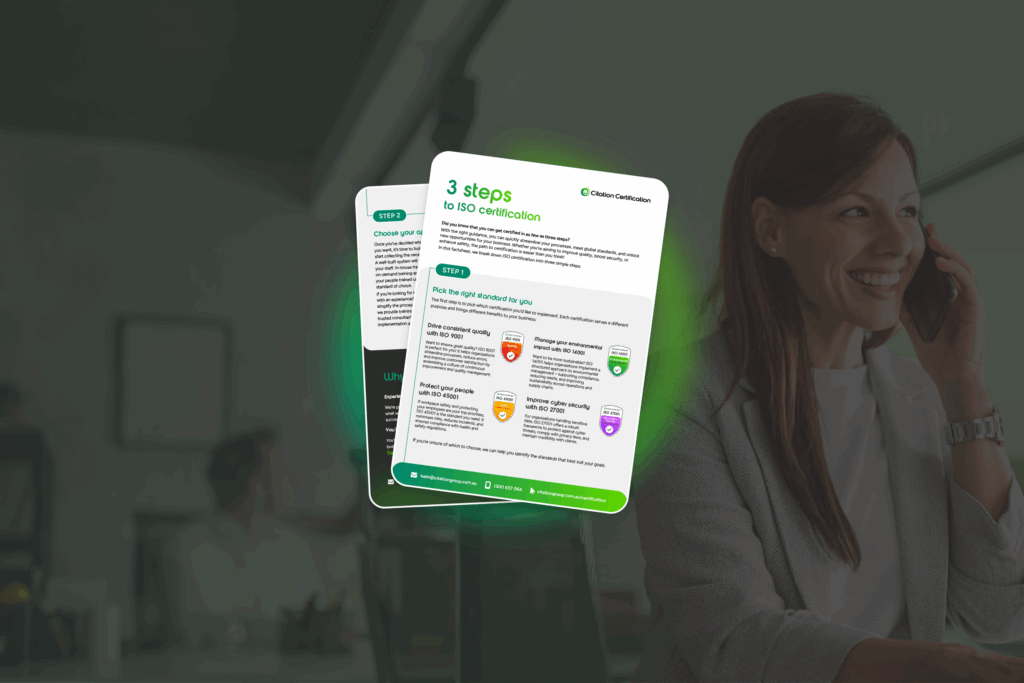
It was late last year that the Anti-Discrimination and Human Rights Legislation Amendment (Respect at Work) Act 2022 (the Act) passed Parliament and changed Australia’s anti-discrimination and sexual harassment framework. This significant milestone was a long time in the making, starting with a comprehensive report delivered in June 2018 by Sex Discrimination Commissioner, Kate Jenkins, and culminating in the Federal Government tabling and successfully passing legislation in November 2022 that resulted in a paradigm shift in how we view, manage, and eliminate sexual harassment in the workplace.
We’re now 12 months on from the passing of this landmark legislation, and powers given to the Australian Human Rights Commission (AHRC) are now in place. Here we provide a brief recap of what changed as a result of the Respect@Work Act, what these delayed powers are, and what they mean for businesses.
What did the Respect@Work Act change?
The Act amended the Commonwealth anti-discrimination and sexual harassment framework to implement a further seven recommendations from the Respect@Work: National Inquiry in Sexual Harassment in the Workplace (2020) that the previous Government didn’t adopt. These changes included:
- Prohibition on conduct that subjects another person to a workplace environment that is hostile on the grounds of sex;
- New ‘positive duty’ on employers to take reasonable and proportionate measures to eliminate, as far as possible, sexual harassment, unlawful sex discrimination, and victimisation in the workplace;
- Powers given to the Australian Human Rights Commission (AHRC) to monitor and assess compliance with the positive duty.
What powers does the Australian Human Rights Commission now have?
The AHRC is now able to initiate action to address unlawful discrimination where it ‘reasonably suspects’ non-compliance, rather than having to rely on complaints made by individuals. This can be based on information or advice provided by other agencies or regulators, impacted individuals or even media reporting. The AHRC will be able to:
- Prepare and publish other guidelines for complying with the positive duty and promote understanding and public discussion of the positive duty.
- Conduct inquiries into a person’s compliance with the positive duty and provide recommendations to achieve compliance.
- Give a compliance notice specifying the action that a person must take, or refrain from taking, to address their non-compliance.
- Apply to the Federal Courts for an order to direct compliance with the compliance notice.
- The AHRC powers were subject to a 12-month delay after the Act received Royal Assent, meaning their powers would only come into force on 12 December 2023. The reasoning behind this delay was to give Employers and PCBUs (persons conducting a business or undertaking) time to understand the changes, understand their new obligations and begin to implement any necessary changes.
Because of this extra time, there will be a higher expectation on employers to ensure they’re proficient in their understanding of their obligations, as there will be little opportunity to excuse any non-compliance with the Act after this period.
We recommend reviewing your current workplace practices in line with recent our article which outlines the changes in more detail, to ensure your business is up to scratch with compliance.
About our author
Brigitta Poulos is a Workplace Relations Consultant with Citation HR who loves helping clients and businesses achieve excellent workplace compliance with their obligations and duties, by way of interpretation of relevant employment legislation and awards. She particularly enjoys researching and explaining new or ‘hot’ topics in the workplace relations and human resources fields to our clients.








